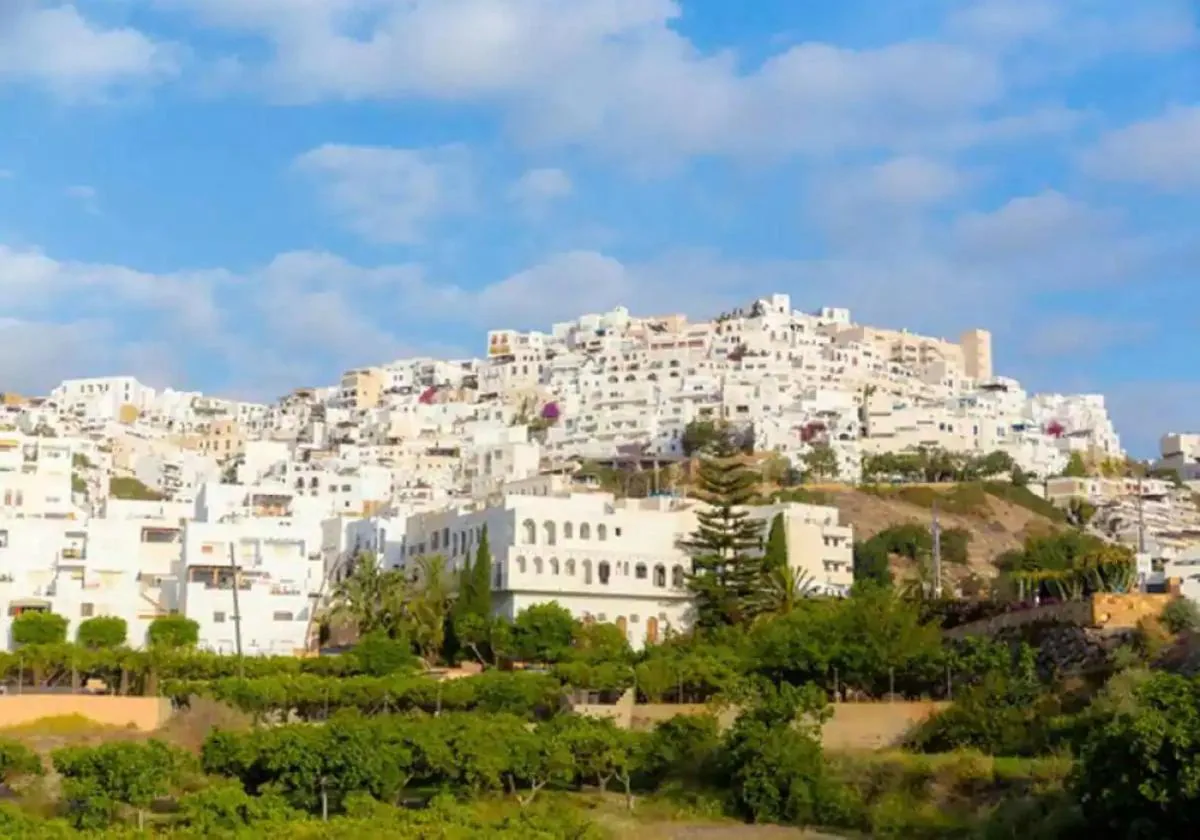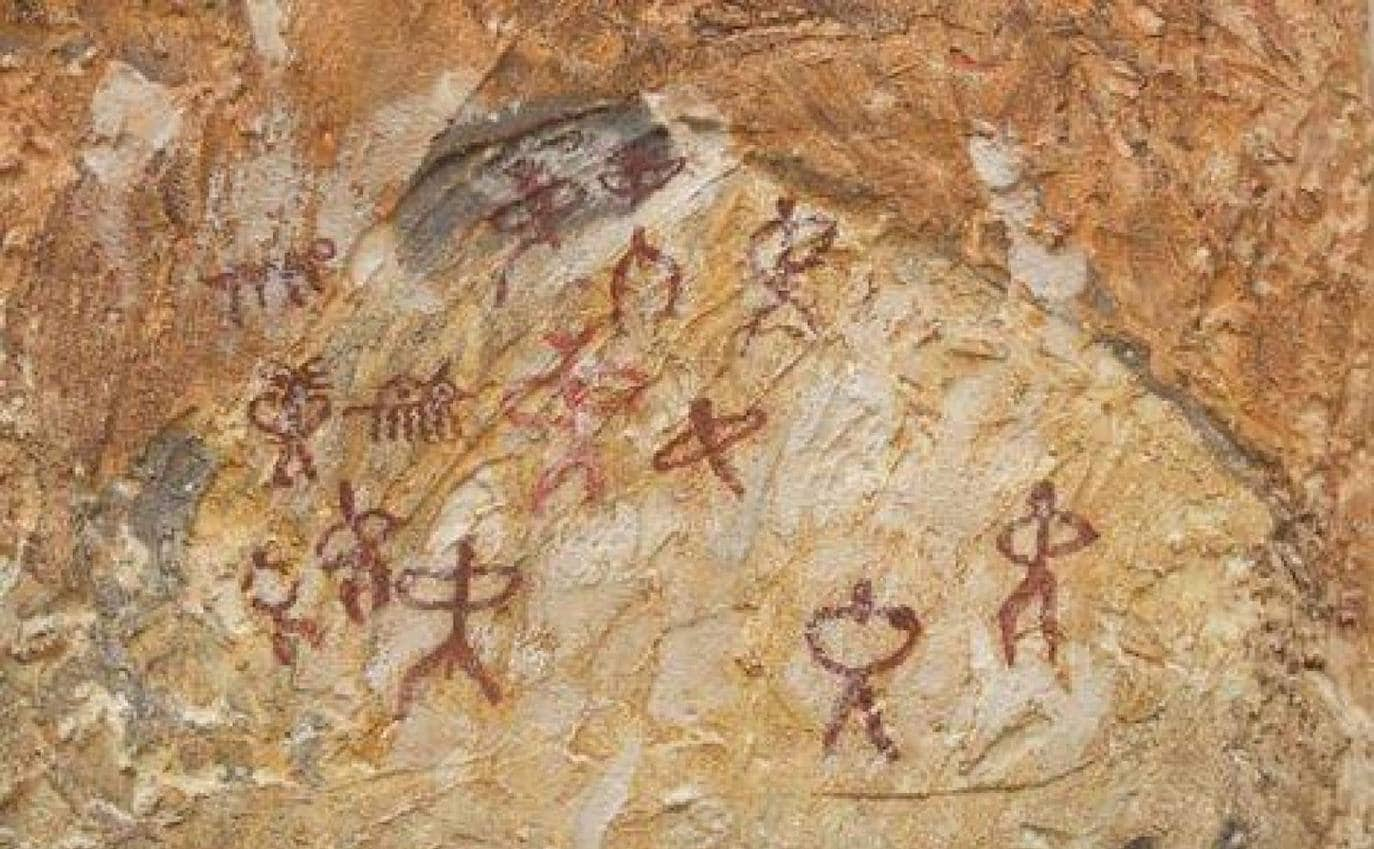

Sections
Highlight

Mojácar is one of Almeria province's most popular tourist destinations; with its beautiful whitewashed old town and coastal location, it has been a firm favourite for visitors for decades.
The first traces of human presence in the area date back to the Palaeolithic period and Phoenician and Greek settlers arrived later, attracted by the wealth of precious metals mined in the nearby Sierra Almagrera.
The Romans arrived at the end of the third century BC and the eighth century witnessed the start of Spain's long Islamic rule. The town retains much of the essence of its Islamic past today.
During the Roman period and into the middle of the 13th century when Andalucía was under Islamic rule, Mojácar was known as 'Monxacar' in Arabic or 'Monte Sacrum' (sacred mount) in Latin. The name refers to the pyramid shaped hill just outside the town itself.
However, Mojácar is perhaps most famous for its Indalo, a human figure with its arms connected above its head, which is considered a symbol of good luck.
In 1868 archaeologist Manuel de Góngora Martínez discovered the Indalo as part of a series of cave paintings in Los Letreros cave near Vélez-Blanco, a village north west of Mojácar.

The paintings date to the Paleolithic era and represent a number of human figures, one of which is the Indalo, which is believed to represent a prehistoric god holding a rainbow above its head.
The Indalo has been used in Mojácar since ancient times when the symbol was painted on the façades of the houses to ward off the "evil eye" and protect them from storms.
From 1945 the Indalian movement developed; this artistic and cultural initiative was started by the Almeria painter and sculptor Jesús de Perceval. The movement adopted the Indalo as its own symbol.
Esta funcionalidad es exclusiva para registrados.
Reporta un error en esta noticia

Debido a un error no hemos podido dar de alta tu suscripción.
Por favor, ponte en contacto con Atención al Cliente.

¡Bienvenido a SURINENGLISH!

Tu suscripción con Google se ha realizado correctamente, pero ya tenías otra suscripción activa en SURINENGLISH.
Déjanos tus datos y nos pondremos en contacto contigo para analizar tu caso

¡Tu suscripción con Google se ha realizado correctamente!
La compra se ha asociado al siguiente email
Comentar es una ventaja exclusiva para registrados
¿Ya eres registrado?
Inicia sesiónNecesitas ser suscriptor para poder votar.